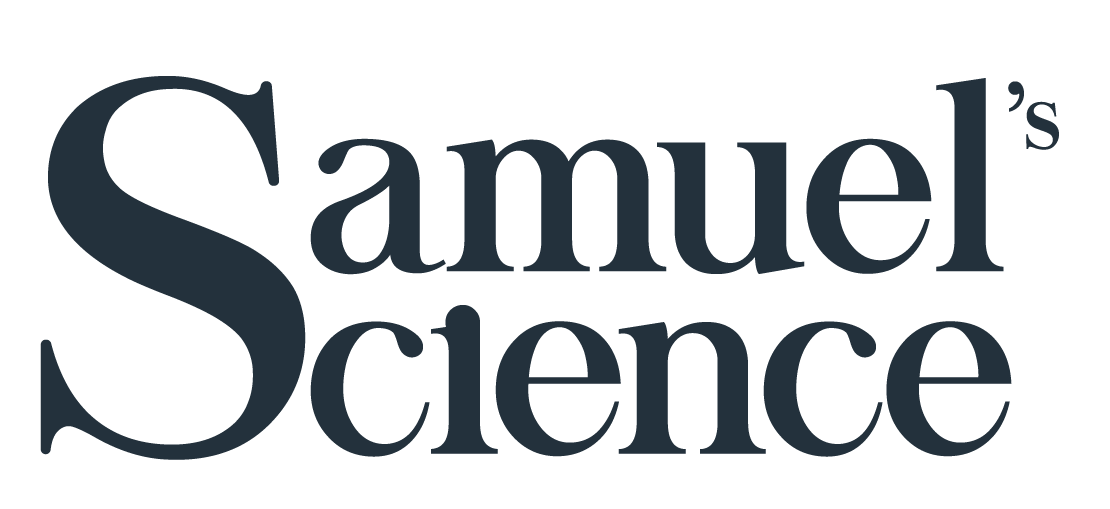What Hair Relaxer Is Safe to Use? The Truth About Hair Treatments
Tired of Managing Frizzy, Curly Hair?
If your arms are getting sore just trying to tame your curls every morning, you’ve probably considered using a hair relaxer. Or maybe you're just hearing about them now. Either way—we’ve got you covered.
Hair relaxers are treatments designed to improve hair texture, smooth frizz, and make styling more manageable. But here's the catch: not all relaxers are created equal. Some contain harsh chemicals that can cause serious damage over time.
So, what’s the safest option? Let’s explore.
What Hair Relaxers Are Typically Made Of
Most traditional relaxers work by breaking down the structure of your hair using strong chemicals like sodium hydroxide or guanidine hydroxide. While they do leave hair straight and smooth, they also come with long-term side effects:
Dryness
Breakage
Hair loss
Scalp irritation
Some studies even suggest potential links between frequent use and health concerns—which is why many people are searching for safer, gentler alternatives.
A Gentler Alternative: Cysteine Hair Treatment
Cysteine hair treatment is a semi-permanent, smoothing treatment that softens curls without using harsh chemicals. It works by rearranging disulfide bonds in your hair using cysteine, a naturally occurring amino acid.
Benefits of Cysteine Treatment:
Formaldehyde-free and toxin-free
Suitable for all hair types (oily, dry, color-treated)
Leaves hair smooth, soft, and frizz-free
Fades naturally over time—no harsh line of regrowth
Gentle on sensitive scalps
Think of it as the upgrade from traditional relaxers: smoother hair, fewer chemicals, and healthier strands.
How Does Cysteine Compare to Other Hair Relaxing Methods?
Let’s look at how it stacks up:
Keratin Treatment
Adds synthetic keratin (a protein) to reduce frizz. Often contains formaldehyde, which can release harmful fumes. Results are smooth—but may not be worth the risk.Brazilian Blowout
Similar to keratin but with stronger chemicals. Long-lasting results—but can damage hair over time.Japanese Hair Straightening
Permanently alters hair bonds. Works well—but is very harsh on already treated or fragile hair.No-Lye Relaxers
Gentler than lye-based relaxers. Still contain chemicals that can cause dryness if overused.
Safe Hair Relaxer Brands (If You’re Not Ready for Cysteine)
If you’re still on the fence about cysteine, look for no-lye, paraben-free relaxers from reputable brands. They’re milder, but remember—no relaxer is completely damage-free.
Cysteine treatments remain a favorite for those seeking results with less risk.
Who Should Try Cysteine Hair Treatment?
This treatment is ideal if:
You want smoother, easier-to-manage hair without going pin-straight
You’ve had damage from past chemical treatments
You have a sensitive scalp
You prefer natural waves but want less frizz
It’s a go-to option for people who want low-maintenance, healthier-looking hair without harsh chemicals.
Post-Treatment Hair Care Tips
To maintain your results for 3–5 months, follow these simple tips:
Use a sulfate-free shampoo
Limit heat styling to protect hair strength
Deep condition weekly
Avoid chlorine-heavy pools
Final Thoughts
So, what hair relaxer is safe to use?
There’s no one-size-fits-all answer, but if safety, health, and manageability are top priorities, cysteine hair treatment is one of the best options available today. It’s a smarter alternative to harsh chemical relaxers and a favorite among those who want smoother hair without the damage.
